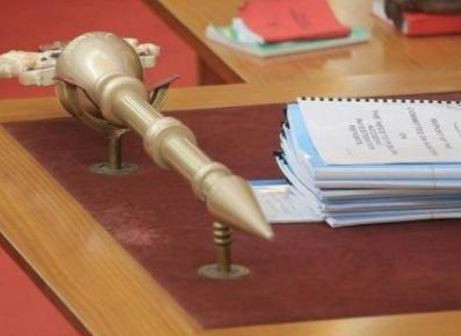The Anambra State House of Assembly has outlawed expensive funerals in the state by passing the bill entitled a Law To Control Burial/Funeral Ceremonial Activities in the State, the House said it had become an offence to hold a funeral for more than a day in the state.

Before this development, communities had held funerals on an average of three days, but the bill sponsored by the member representing Anaocha II constituency, Charles Ezeani stated that “Burial/funeral control bill is aimed at cutting down the cost of burial activities in the state”.
The bill provided that in the event of death, “No person shall deposit any corpse in the mortuary or any place beyond two months from the date of the death, while burial ceremonies in the state shall be for one day.”
The law prohibited destruction of property, gunshots, praise-singing, blocking of roads and streets during burial ceremonies in the state. The bill also provided that, “No person shall subject any relation of the deceased person to a mourning period of more than one week from the date of the burial ceremony”.
It further stipulates that during burial and funeral ceremonial activities, the family of the deceased “shall provide food for their kindred, relatives and other sympathizers at their own discretion. Speaking to newsmen, Ezeani said a monitoring and implementation committee that would enforce the law would be put in place when the governor assents it.
The bill provided that in the event of death, “No person shall deposit any corpse in the mortuary or any place beyond two months from the date of the death, while burial ceremonies in the state shall be for one day.”
The law prohibited destruction of property, gunshots, praise-singing, blocking of roads and streets during burial ceremonies in the state. The bill also provided that, “No person shall subject any relation of the deceased person to a mourning period of more than one week from the date of the burial ceremony”.
It further stipulates that during burial and funeral ceremonial activities, the family of the deceased “shall provide food for their kindred, relatives and other sympathizers at their own discretion. Speaking to newsmen, Ezeani said a monitoring and implementation committee that would enforce the law would be put in place when the governor assents it.






